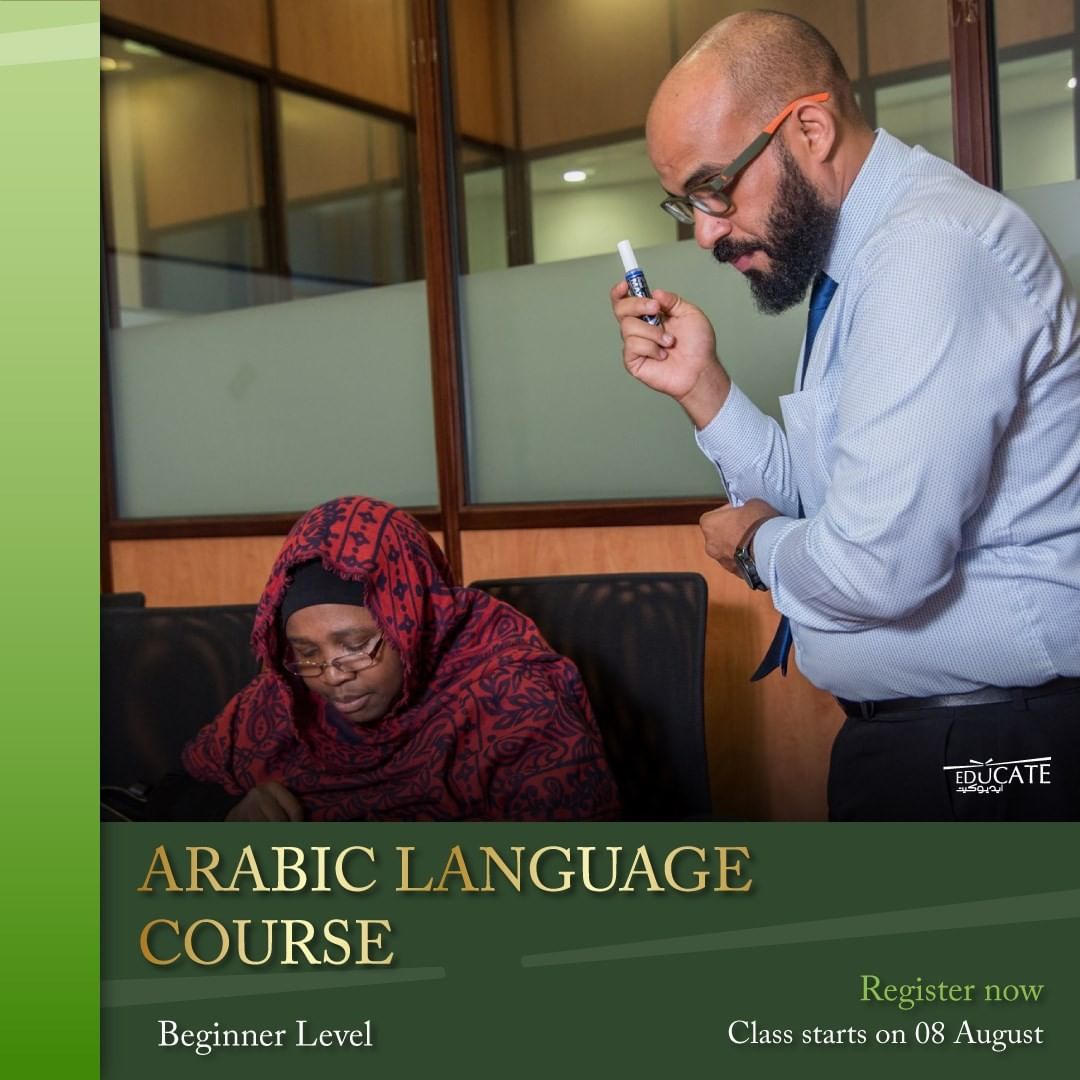Introduction:
Have you ever found yourself in a situation where you needed to politely decline an invitation or express disagreement in Arabic, but weren’t quite sure how to do it? Learning how to say ‘no’ in Arabic can be a valuable skill, especially if you’re immersed in an Arabic-speaking environment. In this blog post, we’ll explore some essential phrases and strategies for politely declining or expressing disagreement, and we’ll highlight the benefits of taking an Arabic language course in Qatar or Doha to enhance your language skills.
- Understanding the Cultural Context:
Before delving into specific phrases, it’s crucial to understand the cultural nuances of expressing disagreement in Arabic-speaking countries. Politeness and respect are highly valued, so even when saying ‘no,’ it’s essential to do so with tact and courtesy. Learning about cultural expectations can greatly improve your ability to navigate conversations effectively. - Essential Phrases for Saying ‘No’ in Arabic:
a. La Shukran (لا شكرا): This phrase translates to ‘No, thank you’ and is commonly used to decline offers or invitations politely.
b. Ma’a al-Salama (مع السلامة): This phrase means ‘With peace’ and is often used when politely excusing oneself from a situation or declining an invitation.
c. Anaa Aasif (أنا آسف): Translating to ‘I’m sorry,’ this phrase can be used to express regret when declining something.
d. Laa (لا): This is a straightforward way to say ‘no’ in Arabic. It’s commonly used in response to yes-or-no questions. - The Benefits of Taking an Arabic Language Course in Qatar or Doha:
If you’re eager to master the art of expressing disagreement in Arabic, enrolling in an Arabic language course in Qatar or Doha can significantly enhance your language skills.
Here are some benefits:
a. Immersive Learning: Language courses often provide immersive experiences, allowing you to practice your language skills in real-life situations.
b. Cultural Understanding: Courses typically include cultural components, helping you navigate social interactions with greater ease.
c. Professional Guidance: Experienced instructors can provide guidance on the nuances of expressing disagreement in a culturally appropriate manner.
d. Structured Learning: Courses offer a structured curriculum, ensuring you cover essential language components systematically.
Conclusion:
Mastering the art of saying ‘no’ in Arabic involves more than just memorizing phrases; it’s about understanding the cultural context and navigating conversations with respect and courtesy. Enrolling in an Arabic language course in Qatar or Doha can provide you with the tools and knowledge to communicate effectively in diverse situations. So, why not embark on a linguistic journey and unlock the beauty of the Arabic language?


No comments yet